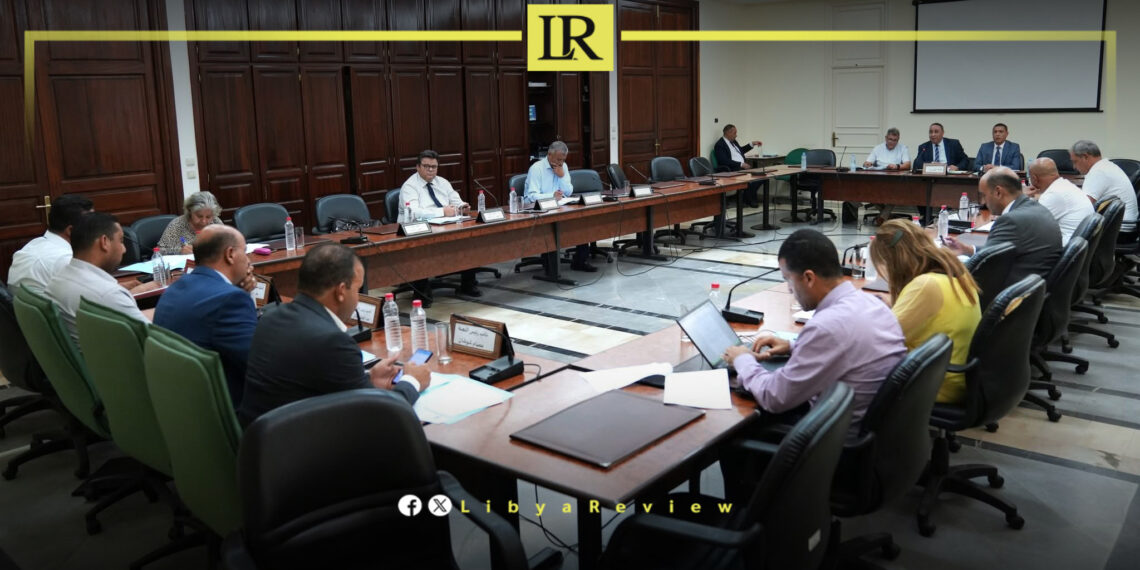Tunisian members of parliament have renewed calls to reactivate long-stalled free trade zones with Libya, urging the government to take a more active role in Libya’s reconstruction and regional economic integration.
The appeal came during a consultative meeting with representatives from Tunisia’s Ministry of Foreign Affairs, according to a statement from the parliament.
Members of the parliamentary group for cooperation with Arab states urged the government to strengthen its diplomatic efforts to secure Tunisia’s economic presence in post-conflict Libya.
They also called for the reactivation of free trade zones with both Libya and Algeria, stressing that regional economic integration is essential for Tunisia’s future growth.
Lawmakers emphasized the potential benefits of re-engaging with Libya, especially as estimates from Tunisia’s Export Promotion Center suggest that rebuilding Libya could require up to $570 billion in investment. Tunisian businesses, particularly in construction, infrastructure, and industrial supplies, could benefit significantly if positioned strategically.
Libya remains Tunisia’s top trade partner in both the Arab world and Africa, and fifth globally. Tunisian industrial goods already represent 40% of exports to Libya, while Libya provides Tunisia with energy products and raw materials like iron and steel.
However, the absence of a functioning free trade zone continues to limit growth in cross-border commerce.
The Ben Guerdane free trade zone, announced more than a decade ago on Tunisia’s border with Libya, was intended to be a hub for regional trade and economic cooperation. But the project has remained stuck in its initial phase, with only preliminary groundwork and technical studies completed. Lawmakers now view this delay as a strategic failure at a time when other regional players are expanding their economic influence in Libya.
During the meeting, parliamentarians also discussed Tunisia’s role in supporting Libya’s political stabilization and called for renewed momentum in reviving Maghreb-wide cooperation. The discussion underscored the urgency of translating regional diplomacy into tangible economic action.


